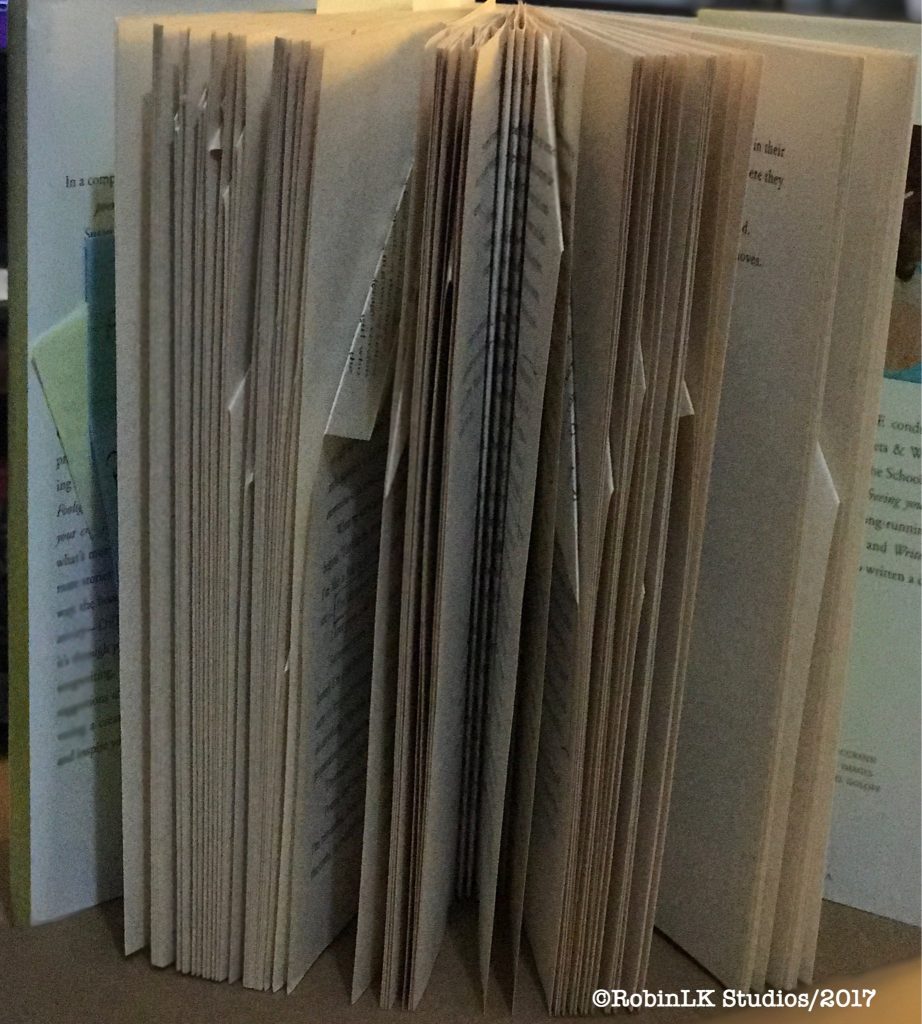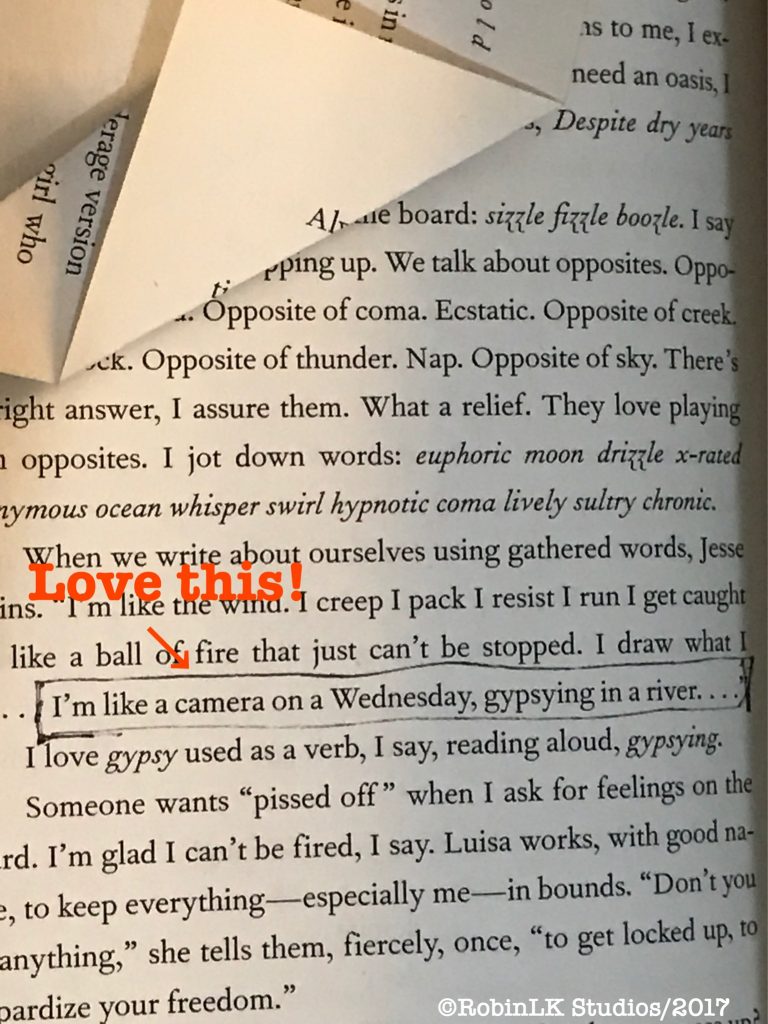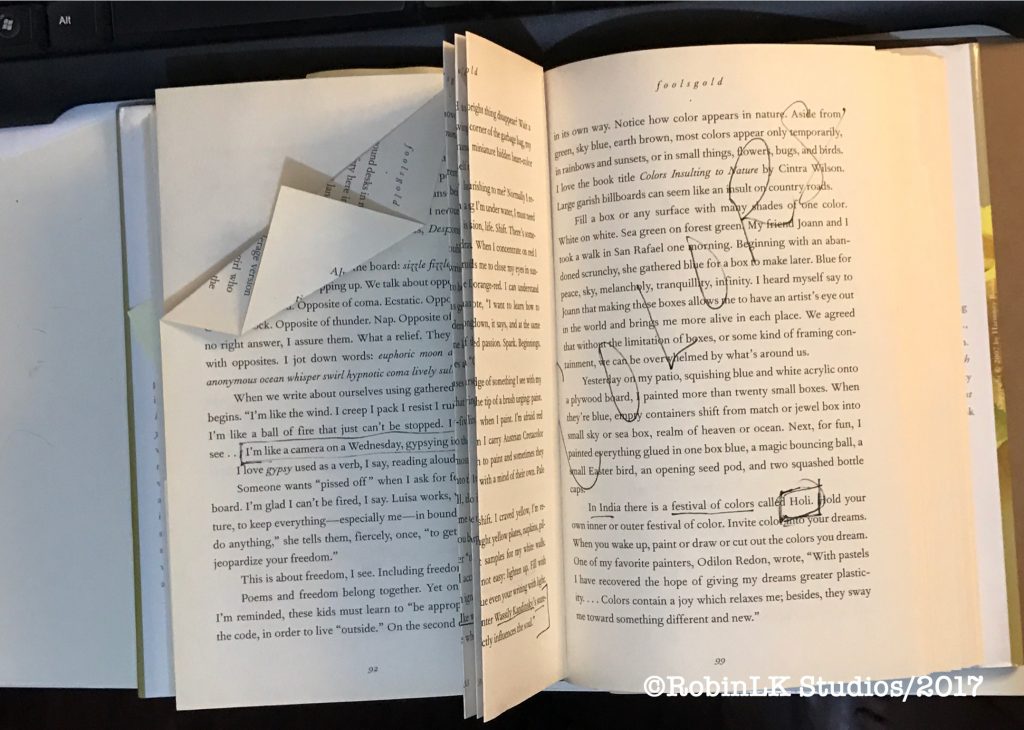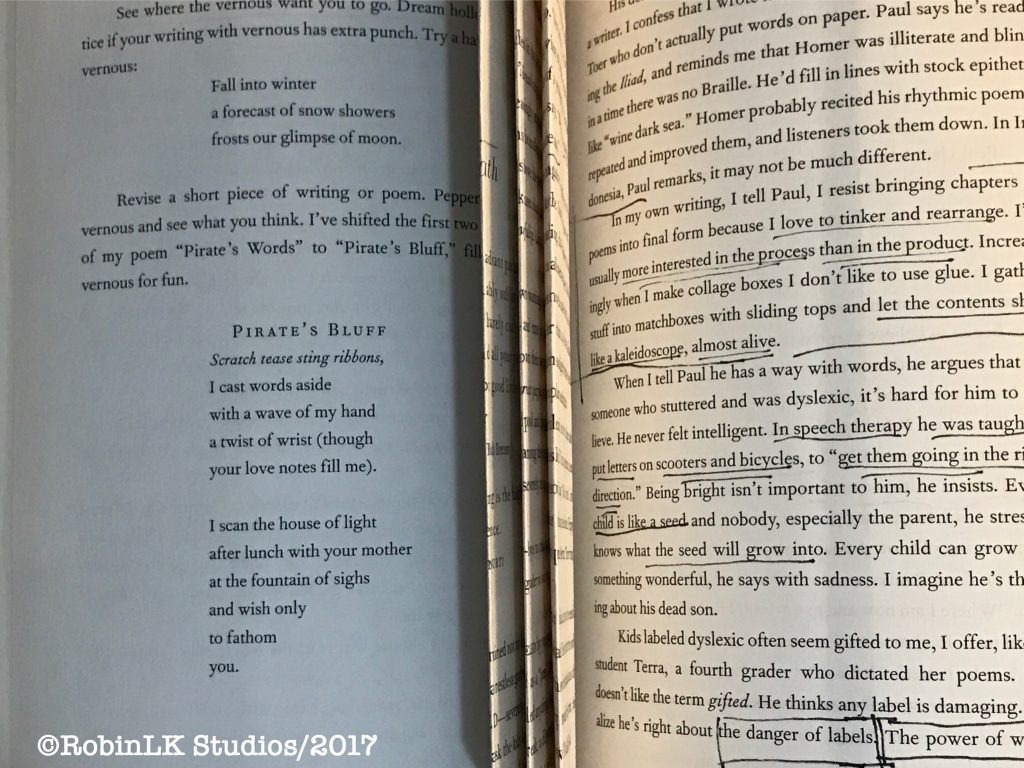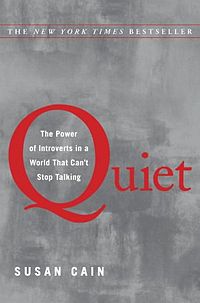Foolsgold…. {Great Reads}
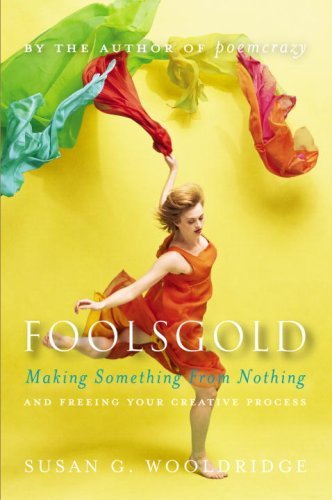
After reading poemcrazy by Susan Goldsmith Wooldridge, I couldn’t wait to read Foolsgold, another visit into Ms. Wooldridge’s wordpool and its impact on others (and herself). Ordered while still in the earliest chapters of poemcrazy, I anticipated more delicious conversation by an approachable author whose love of collecting, love of words, and love of collecting words all fit neatly into my own life perspective.
Disclosure: I chose to ignore reviews in which readers mentioned a different tone in Foolsgold and references to the author’s personal struggles as they related to the book.
Turns out, her struggles are the heart of the book. The ‘nothing’ she refers to in the subtitle felt like the overarching feeling coming through in her words, her voice wavering between sadness, depression, melancholy, and wistfulness. I suppose it could be argued these words are all synonyms of one another, and therefore, redundant. Perhaps a reflection of what I felt as I read her chapters?
I struggled to stick with the book, often putting it down after only a page or two, not engrossed with every word, as I was in poemcrazy, which I wrote about {here}. I often felt like I was listening to a sad friend as we talked … and talked…. and talked….. and talked…… while she said goodbye to someone. Then, as often happens when we’re going through something extraordinarily painful, there were glimpses of happiness in her writing…. brief moments of clarity, understanding, acceptance, and a look toward a future worth exploring.
Unfortunately, these fleeting glimpses could not balance out the palpable sadness in Ms. Wooldridge’s chapters. Late in the book, she talks about the comfort she found in writing as she dealt with great loss in her personal life – that the process was cathartic for her. As someone who’s experienced both the death of a parent and a painful divorce, I understand the need for catharses, but as a reader eager to experience an author’s love of wordplay, I was disappointed in this book. It read more like a deeply sad and personal memoir, and less like a book about wordplay and exploring creativity. Perhaps more research on my part would have prepared me for this?
But I stuck with it, determined to read all that she shared. Looking ahead to figure out how much more I had to go (not a good sign!), I could see the short chapters tumbling toward 50. I decided this would be the connection to my own life – 50 chapters to share her discoveries as I turned 50 and made my own discoveries. Instead the book promptly ended at chapter 48. What??? How could that be?? Who ends a book at chapter 48?? But with further thought, it made sense. Ms. Wooldridge wrote the book as a journal during her daily struggles. As she approached the final chapters, you could hear a more positive look toward the future. The End. No need for the completeness of a nice round number like 50. Like life, the book had stops and starts. And stops. At the end of chapter 48.
To close on a positive note, I shared in my review of poemcrazy, that the frequency with which I fold corners in a book speaks to the content – that there was something that caught my eye. Foolsgold was no exception… plenty of turned pages, circled words and phrases, underlined quotes, and my own notes about things I read, connections I made to her words. Two chapters in particular resonated with me, 20 and 21, each for different reasons, but in both, rich language and connections that moved me, from working with kids in a juvenile facility to the language of colors. Ah, words and colors – two of my favorite topics, especially when blended! 🙂
In a book that underwhelmed me, I made note of the words with the ‘familiar Susan tone’ that pushed their way through – like tiny flowers blooming through a broken sidewalk – and caught my eye. Thank you, Ms. Wooldridge, for those moments of wordpool you. Much appreciated by this fellow collector of words! 🙂

